When they say Hungarian composers they mean Jews
mainFrom the Lebrecht Album of the Week:
Half a century after Bartók and Kodály toured the Hungarian plains with an early Edison phonograph in search of authentic Magyar music, students of the Franz Liszt Academy carried on collecting in their footsteps, not always willingly. Under Communism in the 1950s and 1960s, it was safest for a composer to champion “the people’s music” — the more so if the composer was Jewish and easily stigmatized, as were all of those included in this fascinating album …
Read on here.
And here.
En francais ici.
In Czech here.
In Spanish here.
In The Critic here.
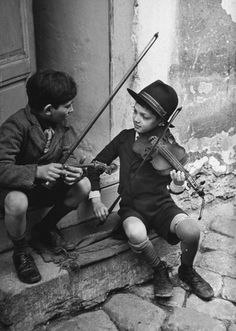

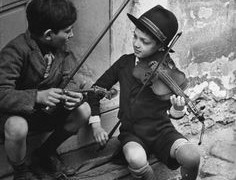

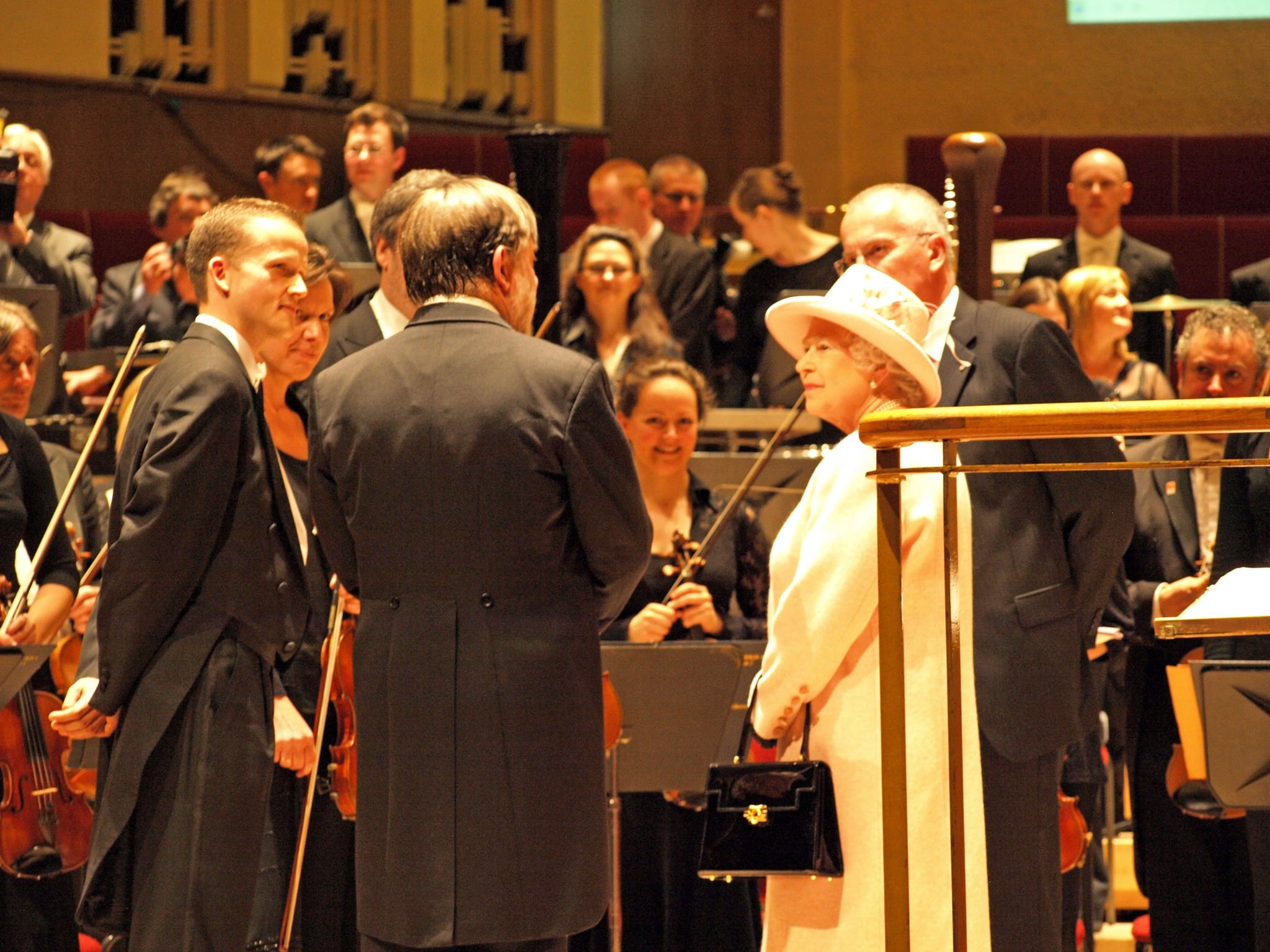
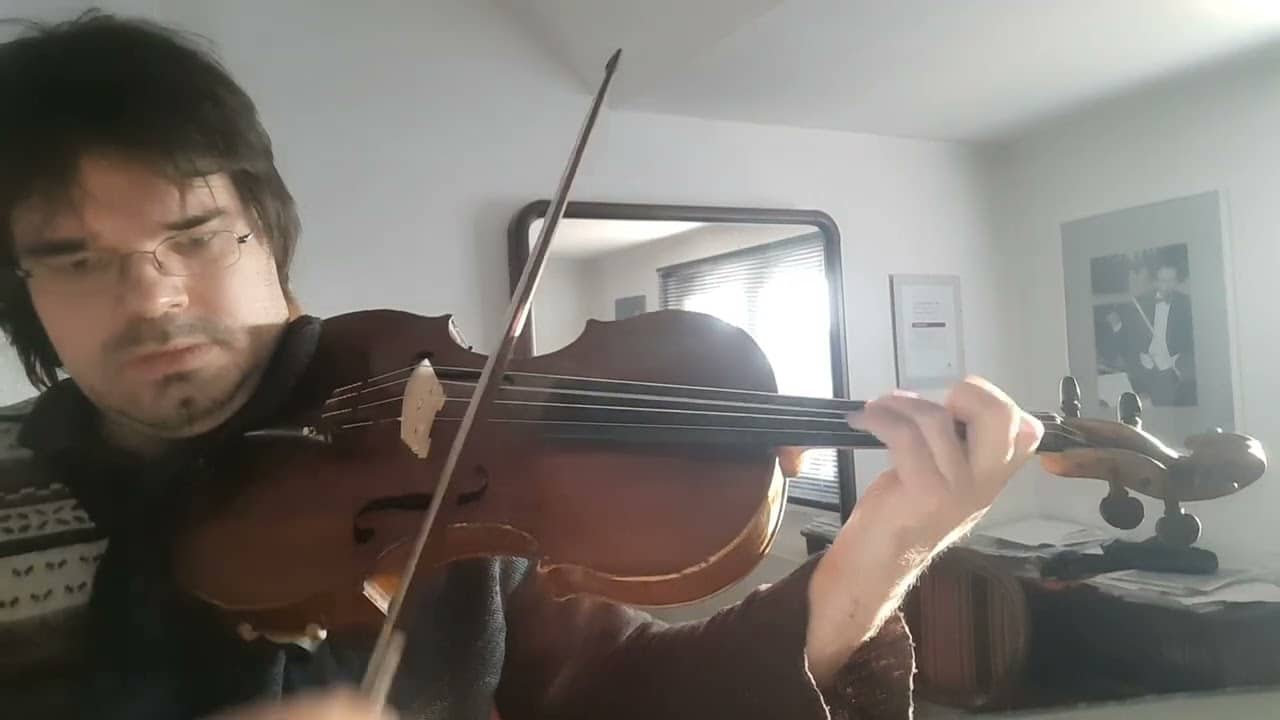
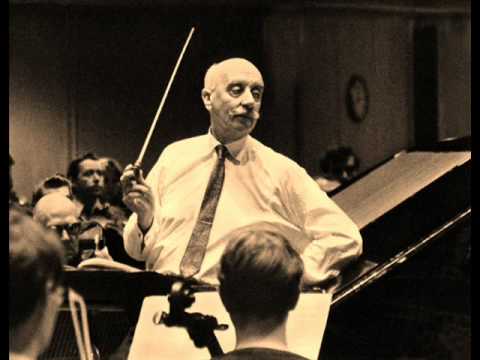
Dear Mr. Lebrecht;
We are united by the strange coincidence that, at about the same time, we were both thinking of Hungarian Jews. What are the odds?
Let’s give it up for:
Robert Antal, István Barta, György Bródy, Dezső Gyarmati, György Kárpáti, Béla Komjádi, Mihály Mayer, Miklós Sárkány, Iván Somlai
Hungarian!
Jews!
And BAD ASS water polo players!
And don’t forget all those Hungarian Jewish fencers…
farkas and veress were jewish??
Thanks Nrman. I must het the cd.
Geza Frid’s trio is already recoreded here (do you jknow how he died?? Horror!
https://basiaconfuoco.com/2020/01/17/silenced-voices/
How awful!
And on this cd you can hear the trio by Weiner:
https://basiaconfuoco.com/2019/05/02/after-the-darkness-the-hague-string-trio-brings-suppressed-composers-back-to-life/
The Weiner trio also appears on Hungaroton HCD 32607, released in 2009 and containing most of his chamber music that includes viola, plus a concerto for flute, viola, piano and chamber orchestra.
Of the composers on the disc, as far as can be determined, only Frid and Laszlo Weiner (not to be confused with Leo Weiner) were Jewish. Veress, Farkas, and Ranki were not Jewish. Of course, that does not affect the quality of the music, which is all that matters, and I intend to buy this CD.
Ranki, who was Jewish, doesn’t figure on this CD; Kokai, also Jewish, does.
You’re correct that Farkas wasn’t Jewish — he became director of the music conservatory in Cluj-Kolozsvar when it was returned from Romania to Hungary by the Second Vienna Award during WWII, which was a position impossible for a Jewish person to hold at the time.
Likewise, Veress, born in Kolozsvar, was the great-grandson of a noted Calvinist preacher, and after Kodaly resigned from the Liszt music academy in protest in 1943, his student Veress took over as chair of the composition faculty (per Hungarian wikipedia). Both Farkas and Veress, as far as I know, acquitted themselves honorably during those horrendous years.
First of all,who and where did the title of this article come from. Any discussion of this requires the greatest sensitivity and care. I am a child of Hungarian parents. My parents were born in the 1930’s. They exhibited all of the mindset of Central Europe from the 1940’s and prior. I was born in the US after they moved into the US in the late 1950’s. I liked History and I learned what happened. In particular,in Hungary. I am proud of my Hungarian heritage but I am aware and ashamed of what was done to Hungarian Jews in the 1940’s and for many many years before that. And it continued after the war. Georg Solti told of his attempts to restart his career in post WWII war Hungary and he was faced with Anti-Semitism. Unfortunately,we are seeing a resurgence again today. HOWEVER, I am uncomfortable with this headline. The headline created artificial parameters of
Country of Origin and Religion. I think it is inappropriate.
The more I think about this,the more disturbed I become. There is a quote attributed to the great Duke Ellington-American,saw great success but remained a victim of American racism but this quote is attributed to others as well—/. There are only two types of music(paraphrase). Who decided that the music on this CD was HUNGARIAN or that it was JEWISH or if one or the other grouping was appropriate. The question that should be asked;is it good music or bad music.
Any background information is certainly good to know. But it remains;is it good music or bad music (and even that is hard to determine).
I’ve been meaning to get this CD ever since I read that it was going to be released. Regarding Weiner (Laszlo, that is, not Leo): he was already at the forced labor camp (in present-day Slovakia) when word came that he had been given the 1942 Hungarian State Prize for chamber music, for his sonata for viola and piano. He was given a furlough to come to Budapest to receive the award, but it required that he return to the camp. Kodaly wrote a passionate letter to an official he thought might be able to help, asking him to find a way to release Weiner from the “labor service” commitment. The letter was ignored and Weiner perished at the camp in 1944. I’m not sure he had found his compositional voice before he died; his music is still very much under the spell of his teacher, Kodaly; but it is exquisitely wrought and powerful in expression.
“WHEN THEY SAY HUNGARIAN COMPOSERS THEY MEAN JEWS”
Who the heck are “they”?
Is the headline claiming that Hungarian composers are (or were) actually Jews, or that Jews are (or were) actually Hungarian composers. Either way, and with no criticism towards either group, the logic seems a bit nonsensical.
The headline claims neither. “They” must refer those who chose the album’s title. As it happens, the composers include both Jews and gentiles, who came to maturity in the shared Hungarian language and culture. The headline is thus incorrect, but it is by no means nonsensical.
Here another Hungarian Jew: composer and cellist, Kodaly’s scholar.
This article is in both Dutch and English:
https://basiaconfuoco.com/2018/03/09/paul-hermann/
interesting …. thanks, Basia!
And thanks to the Leo Smit Foundation for their exemplary work in remembering many remarkable composers persecuted by the Third Reich!
Thank you very much, querido Norman, for discovering us this Jewish-Magyar album. It’s extraordinary!
I am so glad we share the same taste, querido Luis!
My father Andor Szentivanyi {originally Andor Moscowitz} never received enough recognition. He saved Jews side by side with Raoul Wallenberg. He went to become a physician, allergist, and scholar. I found a research paper titled “Szentivanyi’s Hypothesis of Asthma”.